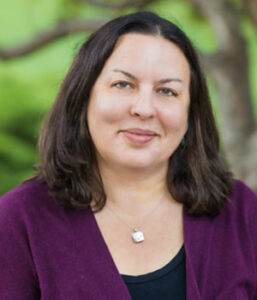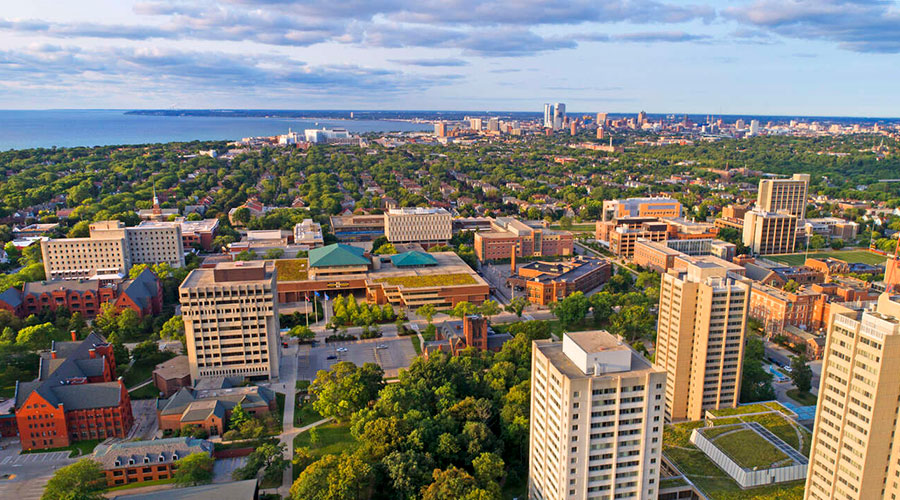Aging Minor
The social work minor in aging provides an opportunity for undergraduate social work students to obtain skills and knowledge in gerontology.
Students are prepared to work in a variety of settings after graduation, including medical, hospice, long-term care and rehabilitation facilities, home and community-based services, behavioral health, corrections, criminal justice, research and policy analysis, program development, advocacy, education and training.
Program Type
Minor
Program Format
On Campus
Older adults are living longer than at any other time in history — by 2035, they will outnumber children.
Our social work minor in aging prepares and trains social work students to meet the needs of older adults. Classroom training culminates in a field practicum at an agency that serves older adults. In this setting, a field instructor supports students as they apply the knowledge learned in the classroom and acquire direct practice skills through interacting with clients. This prepares students to work with the aging population after graduation.
| Required Courses | Credits |
| SOC WRK 250: Human Behavior and the Social Environment | 3 |
| SOC WRK 421: Field Education & Integrated Field Seminar I | 5 |
| SOC WRK 422: Field Education & Integrated Seminar II | 5 |
| Electives (Choose three courses from those listed below) | 9 |
| SOC WRK 300: Aged to Perfection: Introduction to the Study of Aging | |
| SOC WRK 564: Social Services for the Aging | |
| SOC WRK 680: Death and Dying | |
| SOC WRK 685: Social Gerontology | |
| Total Credits | 22 |
- Clinical Assistant Professor, Social Work
- Field Liaison, Social Work Field Program
- Coordinator of Education & Programming, Applied Gerontology
- kahnpet2@uwm.edu
- 414-229-6888
- Enderis Hall 1067


